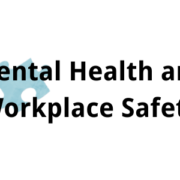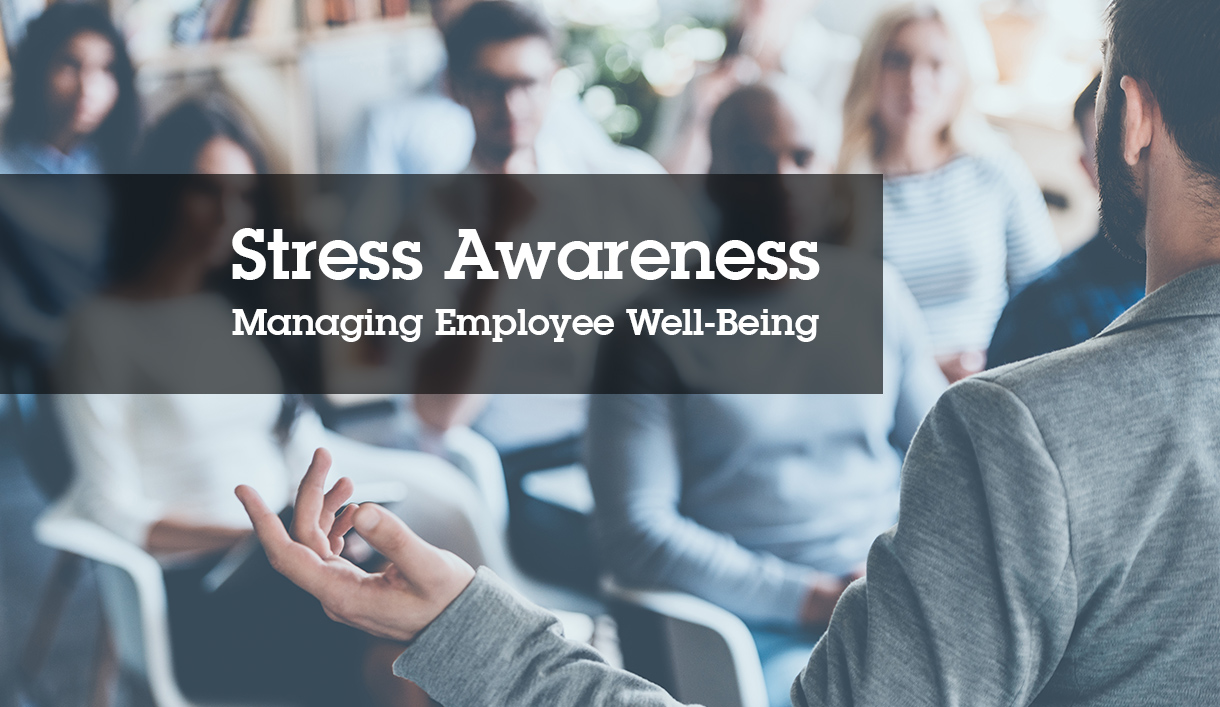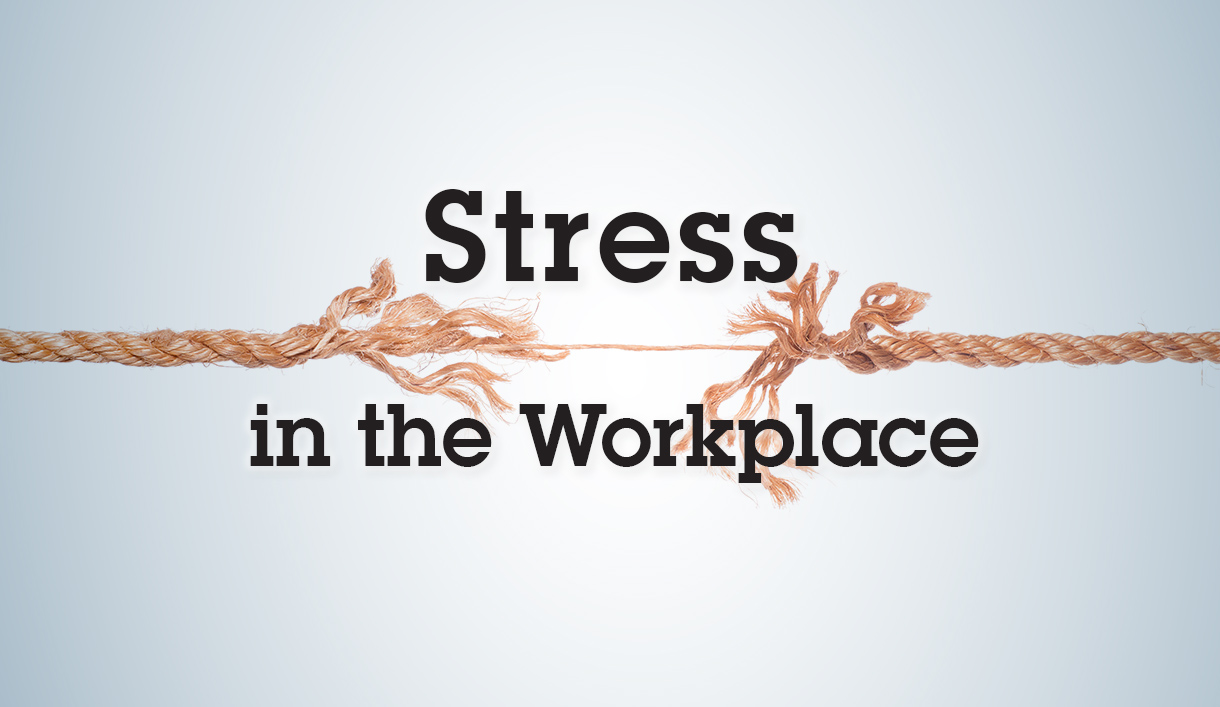Let’s talk about work stress like human beings
‘Stress‘ has been something of a buzzword this year, being the focus of World Day for Safety & Health and throughout Mental Health Awareness week; however, it’s easy for the problem to take on an impersonal, distanced quality behind the wall of statistics and overarching policy.
Less than a month ago I wrote another blog entry on stress but in retrospect I feel the broad focus overlooked the finer points and lost sight of what’s really at the heart of the issue.
By becoming preoccupied with the bigger picture we can lose sight of what a personal problem stress and mental health can be, often arising from a combination of factors that extend across our work, finances, family and social circumstances. Everyone is unique and too often we feel as though we are alone in our struggles, unable to confide in others for fear of ridicule, disappointment or our career being negatively impacted.
The very same people who secretly feel they are struggling to cope may look at company guidelines on the matter and disregard them. We might think “that’s not me” or write off formal instruction as “not getting it”. The problem is guidelines are just that; a guide, not a complete solution. Though written with the best of intentions they have to apply to everyone but frequently feel like they speak to no one.
That’s why talking directly to someone is what really makes a difference.
Talking directly to someone about stress
You might scoff at the idea of approaching your superior with a stress problem, particularly if you’re feeling down and assume the worst about how they will react, however most management would typically rather know and make a change for the better early on. Good managers, supervisors and employers should recognise this and take intervention as an opportunity to focus on strengths rather than condemning limitations.
Still, if you’re extremely uncomfortable with the idea of addressing a work problem within work there are always external options. Confiding in a doctor, GP, an independent charity such as www.mind.org.uk or even a close friend are all preferable to holding it in.
A persistent, serious stress problem will not end well if ignored. While intermittent low-level stress is a fact of working life we should never be expected to live in a state of long-term panic or fear. Your body knows this and will start issuing warnings; if you’re struggling to sleep, feeling queasy at work, perspiring heavily and/or suffering inexplicable mood swings it could very well be a sign the pressure is reaching dangerous levels.
Which brings us to real enemy here which is not stress itself but rather denial. Whether it be out of false bravado, the weight of expectation or fear of compromising our job security none of these justify hiding the problem. We can’t be helped if no one knows there’s a issue and can’t continue our job if the pressure leads to a breakdown. Facing the reality of our working situation head on should never be considered a weakness, quite the opposite.
Statistics, guidelines, company targets and professional help are all important but we shouldn’t lose sight of the fundamental value sympathetic support provides; If you require it, don’t hesitate to ask for it.









Leave a Reply
Want to join the discussion?Feel free to contribute!